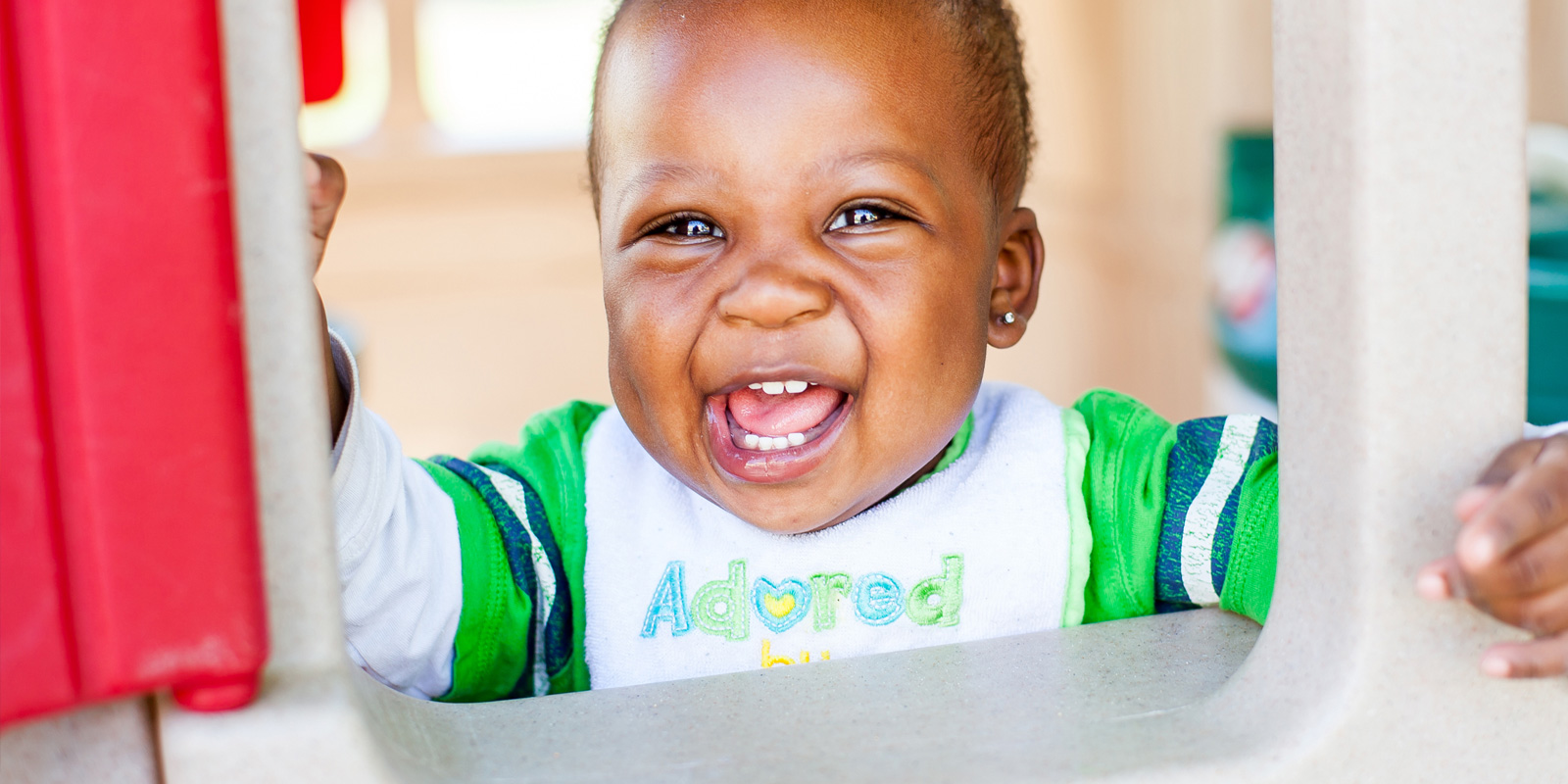“We’re not going to grow as a nation without a strong system of care,” Gladys Montes stated at the outset of a July 23rd webinar highlighting Educare’s Early Head Start partnerships. Montes, group vice president of the Center for Excellence in Early Education with United Way Miami, joined leaders from Milwaukee and Washington, D.C., to talk about how Educare and its partner programs have nimbly, creatively and collaboratively responded to the COVID-19 pandemic.
Educare is a national early learning network that provides education and family support in 21 U.S. cities. In the first months of the pandemic, while schools were closed, the organization provided resources and relief to the families and communities it serves. Its Early Head Start-Child Care Partnerships supported families in different ways. An eight-part report documents this work.
- Montes said the partnership in her city, Miami, facilitated an assembly of care packages of diapers, formula and more, for 520 families. Additional support went to the migrant workers of Homestead, Fla., and their families. Read more.
- Lydia Reaves, director of Childcare Partnerships at Next Door Milwaukee, reported that supply drive-throughs provided book-filled backpacks and other supplies. Read more.
- According to Talia Newman, director of Early Head Start Partnerships at Educare Washington D.C., 144 families received groceries and more, through a collaboration with the Greater DC Diaper Bank and other partners. Educare staff paid socially distant visits to enroll families in their program. Read more.
Syritha Robinson, Educare DC’s director of Advocacy, concisely summarized the present moment: “Families are on the brink. Right now, services have to be comprehensive, and funding has to be predictable.”
- Benefits children, families, child care providers, the early education workforce and communities through timely and significant investments.
- Stabilizes and sustains operations of child care centers and family child care homes that keep parents working, and educates and nurtures their children.
- Expands opportunities for families with infants and toddlers through targeted education, health, nutrition, educational and economic supports, prioritizing those who are farthest from opportunity, and with a focus on equity.
- Maximizes opportunities across existing and new funding streams resulting from federal stimulus legislation to shore up the early care and education sector now, and help reinvent service delivery systems to address long-standing structural barriers that prevent families’ access to high-quality affordable care.
- Leveraged multiple funding sources and state systems in new ways to support local program success and quality.
- Supported continuity of care without interruptions for infants and toddlers in working families earning low incomes.
- Raised the bar for what quality infant and toddler child care could and should be.
- Built higher education pathways to build new skills and competencies of the infant and toddler workforce.
- Piloted reforms that were then scaled statewide to improve care for many more babies and toddlers.
From Ounce of Prevention’s Expanding High-Quality Child Care for Infants & Toddlers: Lessons from Implementation of Early Head Start–Child Care Partnerships in States

Mark Swartz
Mark Swartz writes about efforts to improve early care and education as well as developments in the U.S. care economy. He lives in Maryland.



